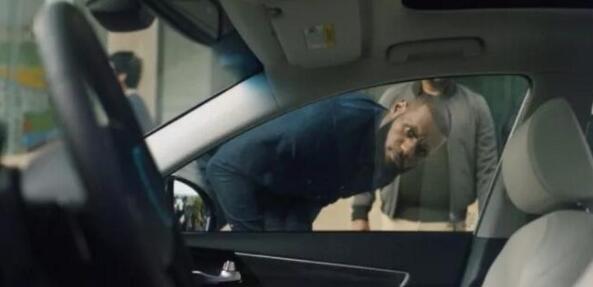Huaqiang Wisdom Network News Death, it is reasonable to say that people should be afraid of human-driven cars. Everyone is driving now, and the car on the way to the default lane will drive where you should be. In my opinion, unless these cars are self-driving, we should all feel fear. There is no doubt that autonomous vehicles are better drivers than humans. They don't drive as long as my elderly parents to visit their families. They are not as distracting as my adolescent son. They have a 360-degree view and are able to accurately monitor the speed and distance of other people and objects nearby. They can save lives; surveys show that autonomous vehicles are designed to reduce mortality by 99.9% when designed and developed – three orders of magnitude safer than today's human-powered cars. So, since there are so many promises, why are people still afraid? More importantly, how can the auto-driving car industry dispel people's fears? Intel and Mobileye believe that passenger trust should be considered in the design of autonomous vehicles. This means thinking about the relationship between people and cars, and how to make people's car relationships more human. If there is no steering wheel and brake pedal, or if there is no driver in the front row to take us to the destination, how will people control their trip? How does the car explain what it is doing? How to ensure security? With these issues in mind, Intel recently conducted a small-scale qualitative study of the human-machine interface of autonomous vehicles, and some lucky travelers took the first time to drive autonomous cars. Although there are such concerns before getting on the bus, after experiencing the autopilot journey, everyone feels more comfortable and less fearful of self-driving cars. They acknowledged the self-evident fact that autonomous cars are better at driving than they are. They also realized that autonomous vehicles may make it easier for people who are inconvenient to travel. In fact, we can't convince everyone in the world before letting passengers trust the technology. However, we have come up with a way to provide a passenger trust experience through research and can be widely applied. Professor Amnon Shashua proposed a responsibility-sensitive safety model for driving strategies – the mathematical model was released yesterday – a good start for designing self-driving cars that are self-certifying and safe. As I have seen, social acceptance will ultimately determine when to autopilot. Trust, technology and regulation are the three elements of autonomous driving, and trust will ultimately determine the fate of self-driving cars. We can build the best cars with perfect technology, but if the public refuses to take the car, then the industry will not be able to move. We have technology, regulation and policies in place. But for the autopilot industry to grow rapidly, we also need people to embrace the arrival of self-driving cars, and the security and flexibility it brings. People need to believe that riding a self-driving car is definitely safer than driving it every day. Intel, Mobileye, regulators, and the entire autonomous driving industry are responsible for building passenger trust in the design of autonomous vehicles. Our success depends on this.
High Strength Steel Tie Rod are steel structural members made of carbon structural steel and alloy steel, processed by machining, heat treatment and surface anti-corrosion treatment, supplemented by adjusting sleeves, lock and joints etc. The Steel Tie Rod are important components of steel structures for construction of giant, large span buildings and ship docks. They are mainly used for prestressed parts and large span buildings in construction projects. While the strength of the product is improved, but the plasticity index is not reduced, which satisfies the principle of using the same amount of strength in the architectural design. The tie rods, tie bars, tension rods and tension bars steel grades are specified as grade 460, grade 520, grade 550, grade 650, grade 785, grade 830, grade 930, grade 1080 etc.
High Strength Steel Tie Rod Steel Tie Rod,Stainless Steel Tie Rods,Structural Steel Tie Bars,High Strength Steel Tie Rod SHANDONG LE REN SPECIAL STEEL CO., LTD. , https://www.lerenspecialsteel.com